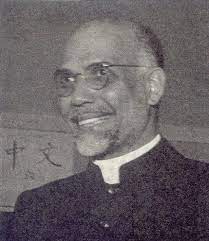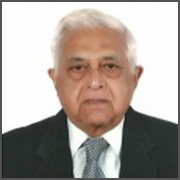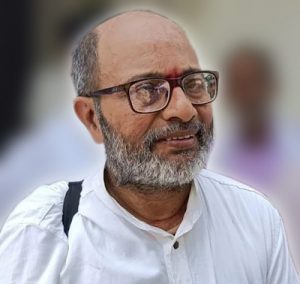
Father Jerome D’Souza, was an Indian Jesuit priest, educationist, writer, and member of the Indian Constituent Assembly (1946–50).
Born in the Mulki town of Mangalore in the erstwhile South Canara district of British India, to a Catholic family cultivating intellectual interest, Jerome was soon at home in several local languages. He did his secondary schooling at St. Aloysius College (Mangalore) and college studies at St. Joseph’s College (Tiruchirapalli, Tamil Nadu, India). Completing finally the English Literature course at the University of Madras (Chennai) he first taught a year at St Joseph’s College, Trichy, before deciding to enter the Society of Jesus (29 May 1921). He then went through the usual Jesuit training, doing his theological studies with the French Jesuits in Belgium at the end of which he was ordained priest on 30 August 1931. He hailed from the Mangalorean Catholic community.
Back in India in 1933, he was appointed professor in his alma mater, the St Joseph’s College of Trichy of which he became within a few years, rector and president. An able administrator, Jerome was also a convincing orator. He soon attracted the attention of Sir C. Rajagopalachari (known as Rajaji), the then-president of the Indian National Congress. Transferred in 1942 to the Loyola College of Chennai (formerly Madras), to be its rector and later its Principal, D’Souza soon became involved in the legal establishment of the University of Madras (Chennai). When the time came to form an assembly that would draw a constitution for the country—the independence of India was near—D’Souza’s name was proposed by Rajagopalachari to the Madras legislative assembly. He was elected to represent them at the constituent assembly of Delhi.
At the assembly (1946 to 1950), along with the Protestant leader H.C. Mukherjee, D’Souza ensured the rights of the minorities (especially of worship and education) were fully protected by the proposed text and the right to practice and propagate one’s religion were included in the constitution as fundamental rights of all citizens of India.
In 1997, the Indian government issued a stamp to commemorate his birth centenary.
Picture Credits – https://en.wikipedia.org/wiki/Jerome_D%27Souza



